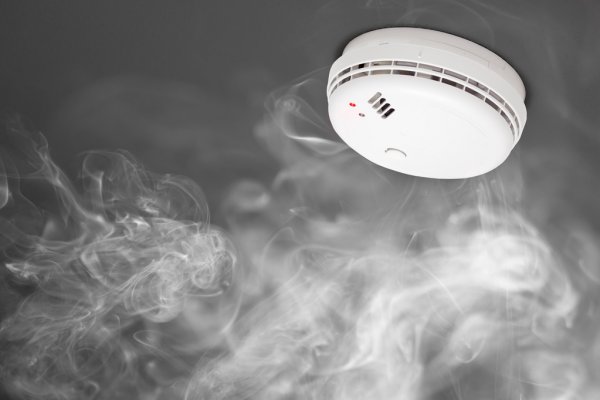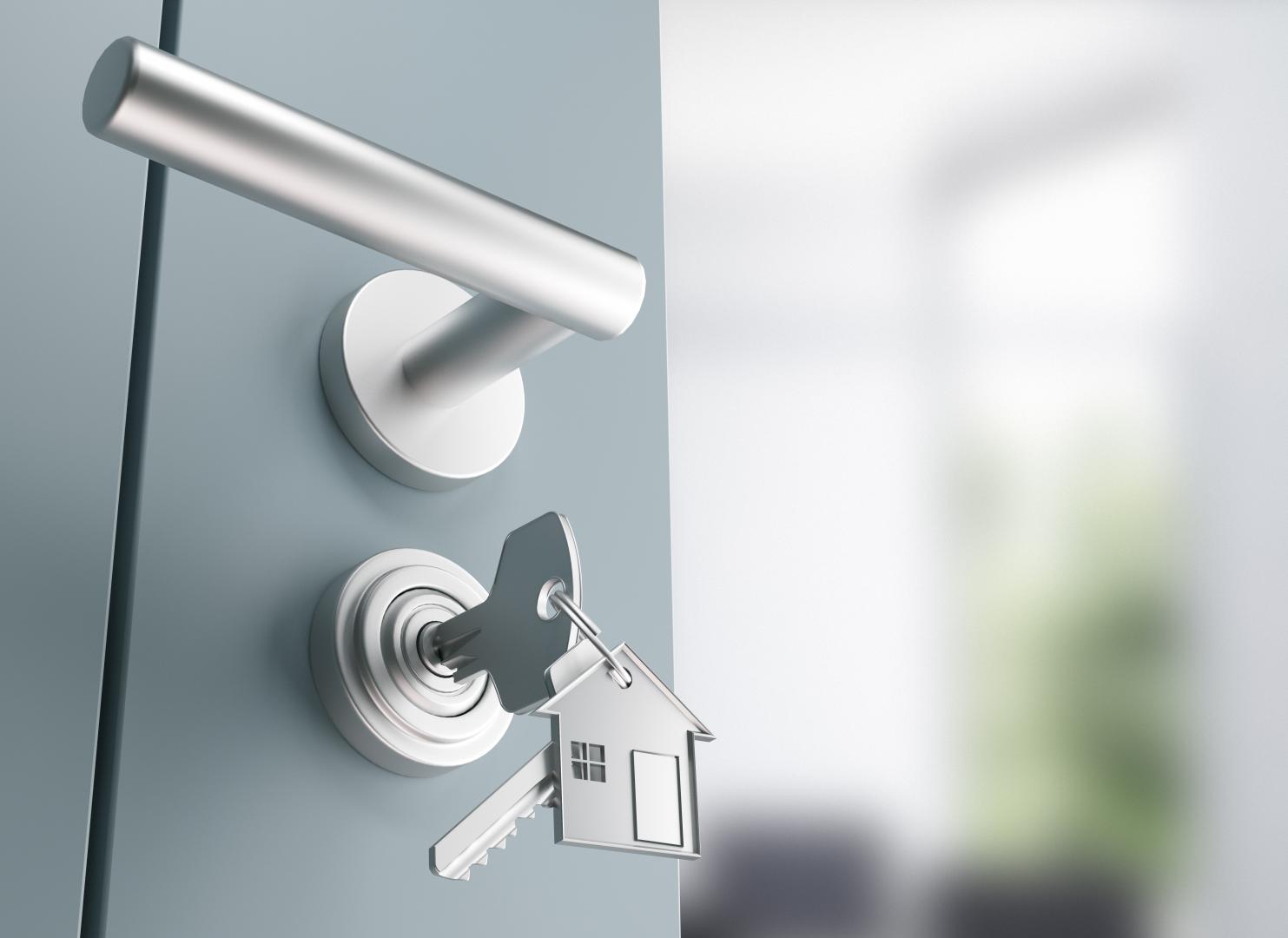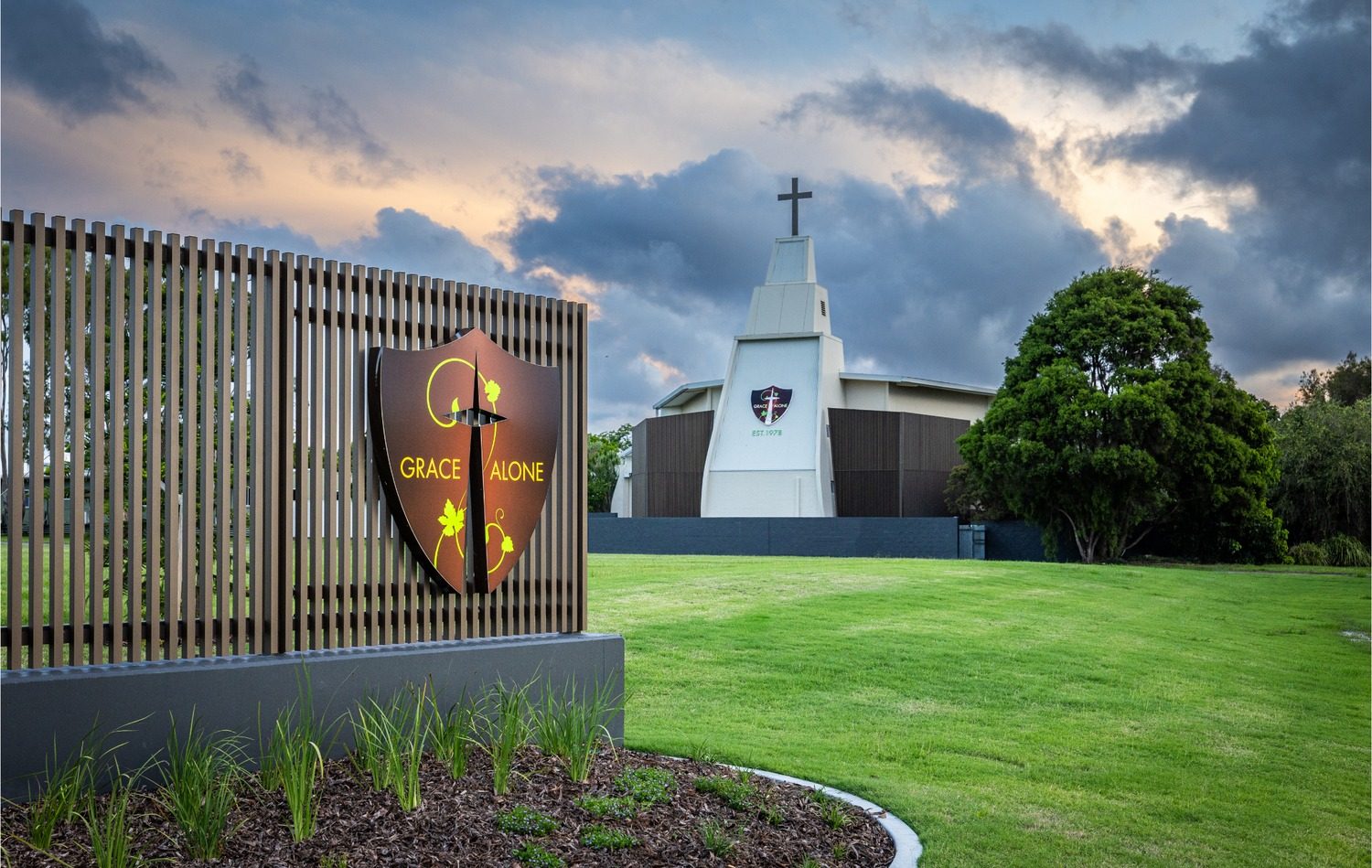
Grace Lutheran College - Entry Signage
Builder: inSite Constructions
View project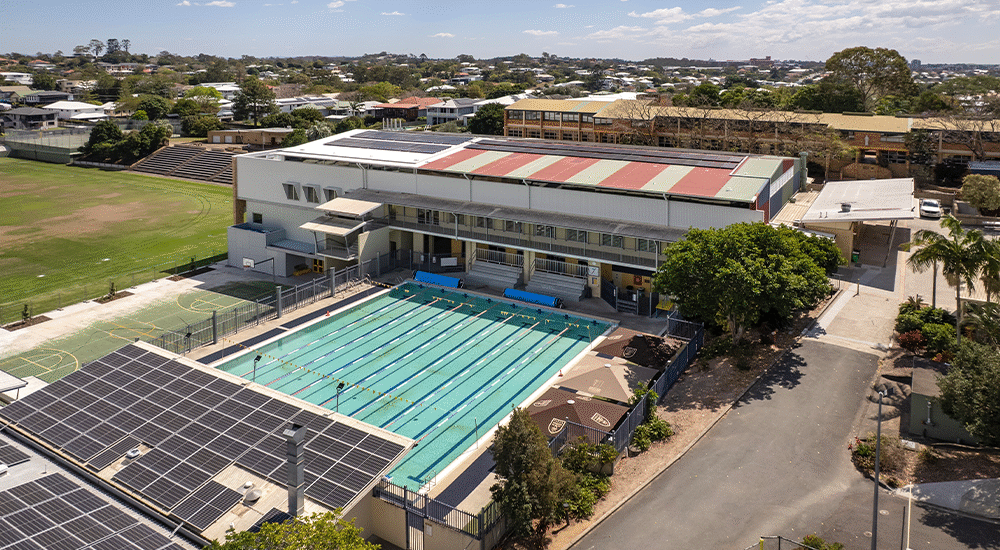
Padua College
Badge Construction
Electrical Package: $1.2 million
The extension of the existing La Cordelle Hall building at Padua College spans four levels, incorporating various structural, architectural, and mechanical upgrades. The project was delivered in a single stage and includes new construction, renovations, and specialised installations to enhance the building’s functionality and sustainability.
View project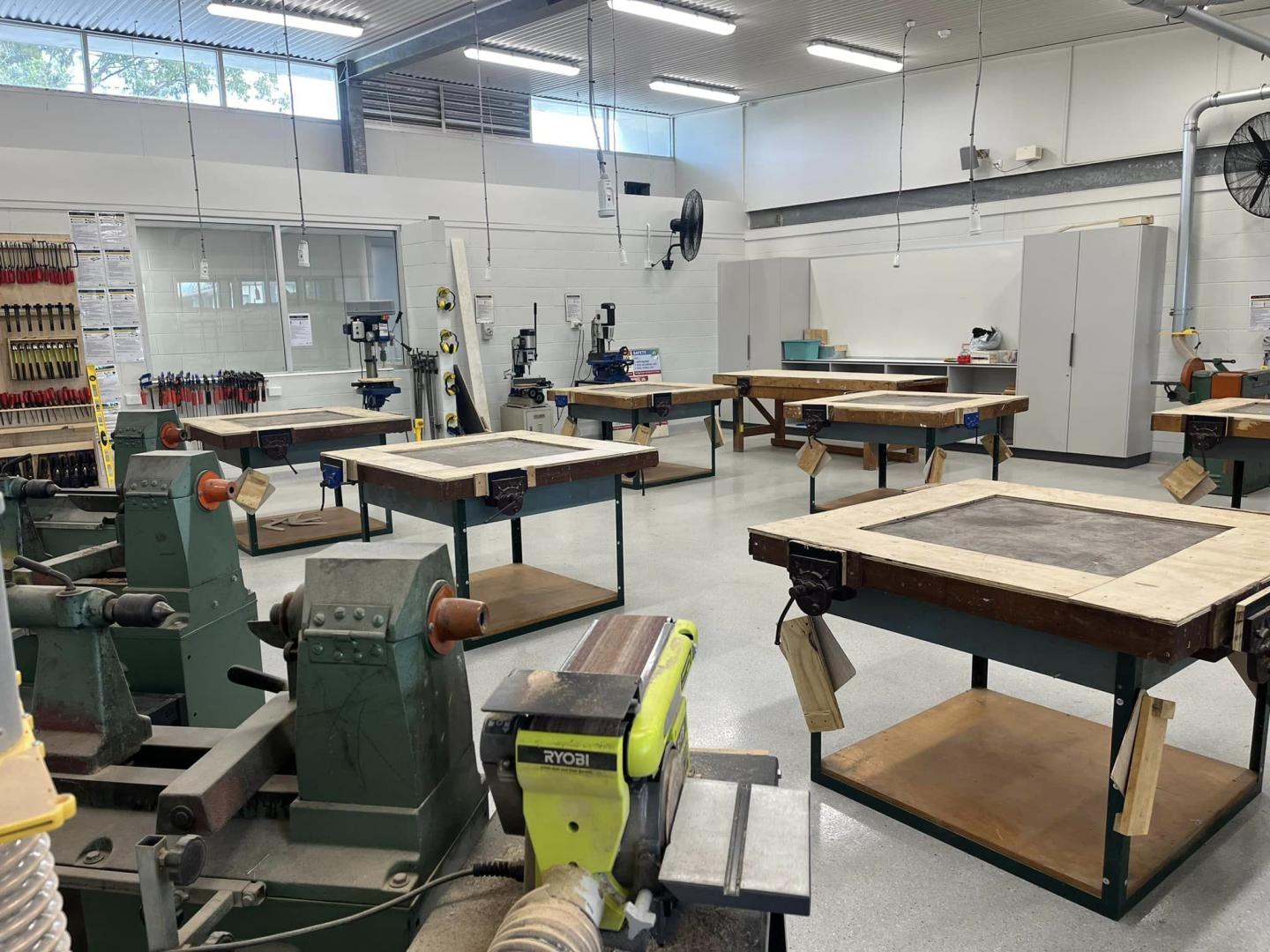
Deception Bay State High School
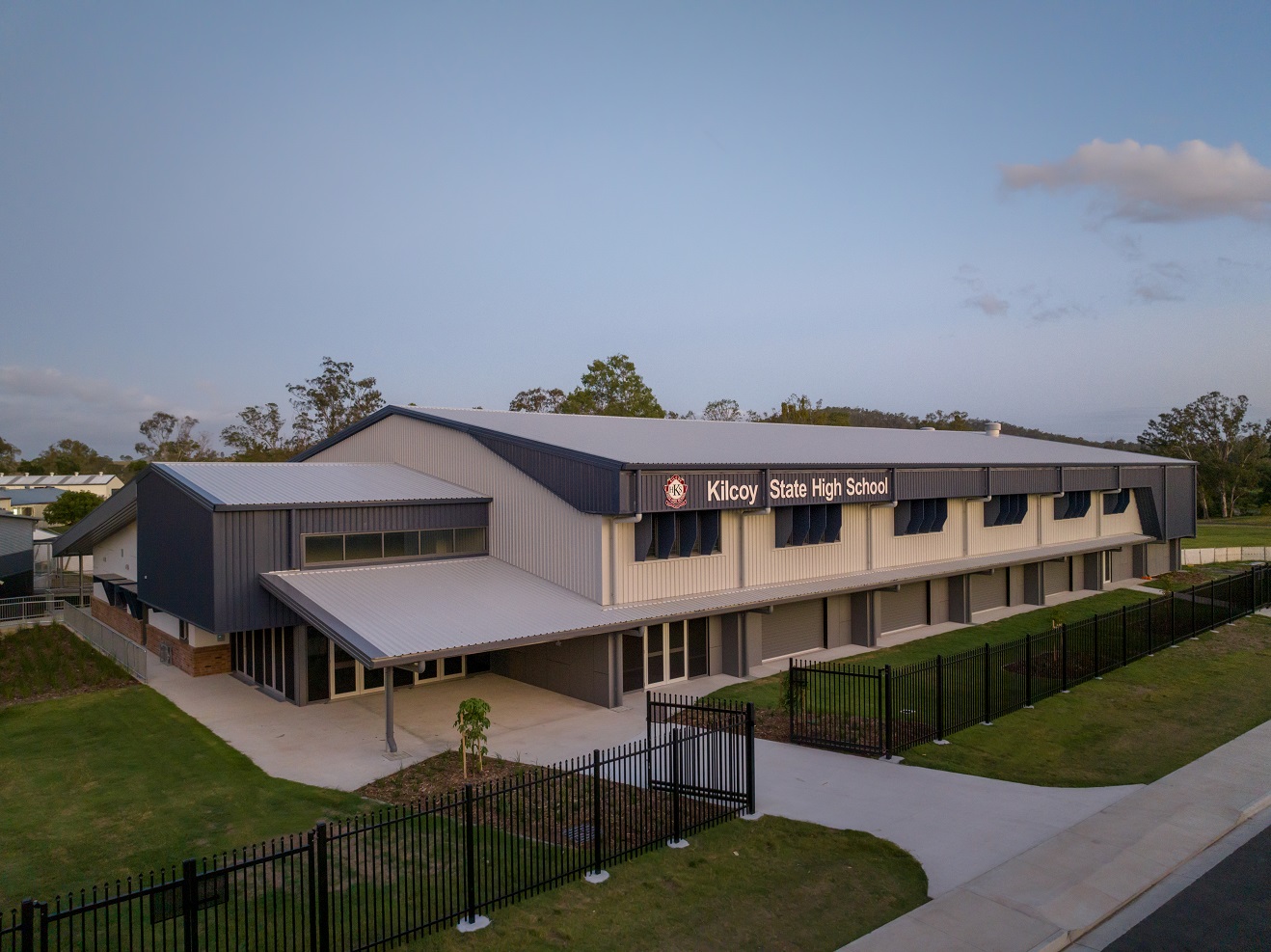
Kilcoy State High School - Multipurpose Hall
New Multipurpose Hall. Includes classrooms and a main area that can be used for sports or threatre purposes.
View project
Calamvale State Special School - Multi-story Classroom and Carpark
New Multi-story classroom building with high level hearing augmentation and specialist power requirements. A carpark and access is being updated.
View project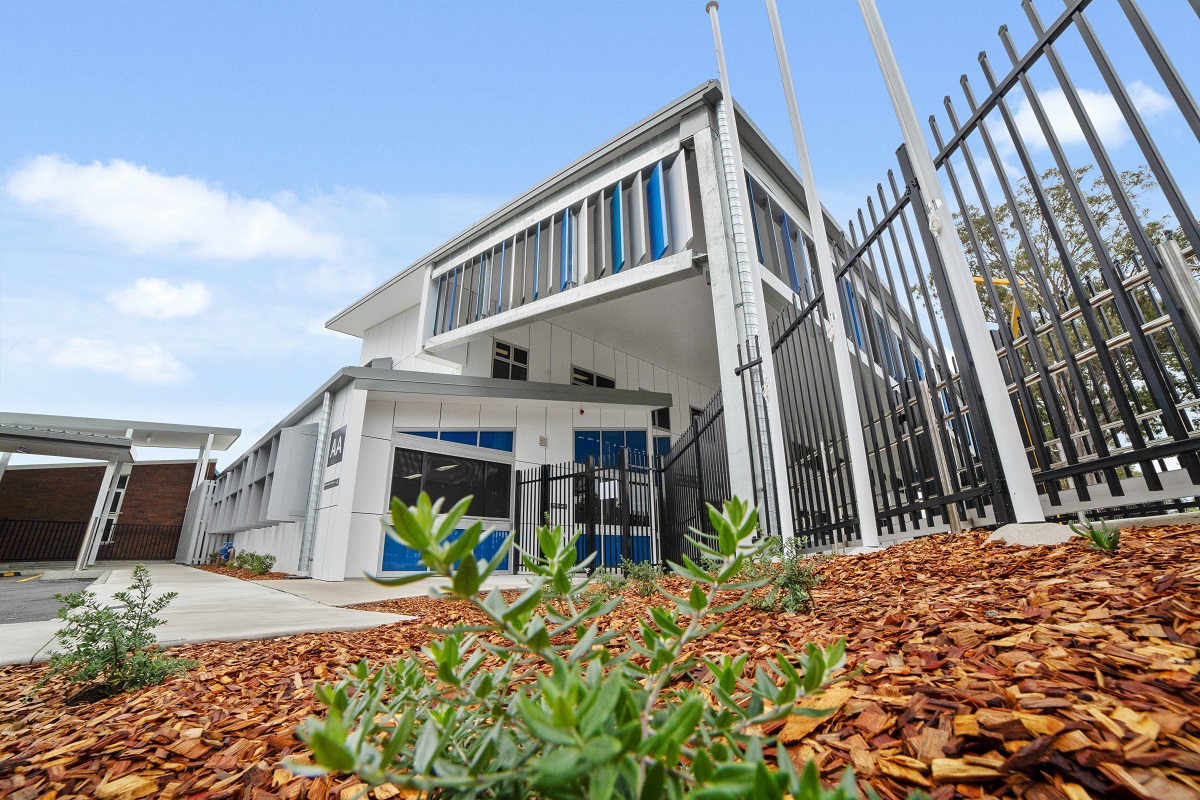
Woody Point State Special School - Multi-level Administration and Classrooms
New Multi-story Administration and learning centre. Includes new transformer, carpark lighting and refurbishment of some existing buildings.
View project
Morayfield State High School - New Multi-level Classroom Building
New Multi-story classroom block and refurbishment of existing Home Economics Building. Also our package includes a renovated carpark lighting package.
View project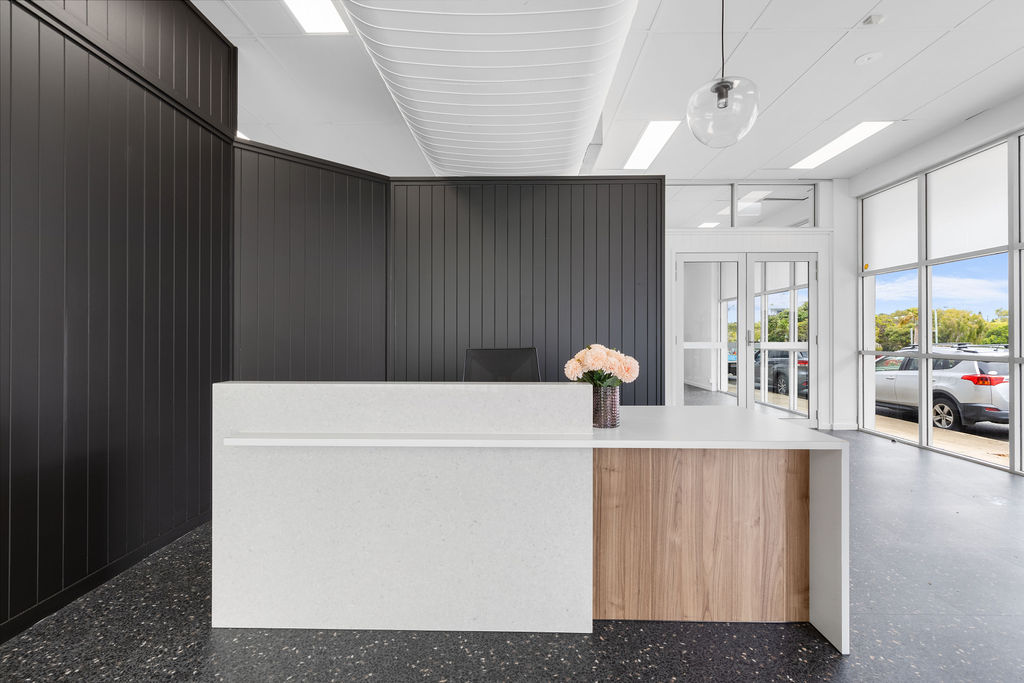
Ray White Redcliffe Office Refurbishment
Working with our partners Future Fitouts, we delivered a beautiful office space for the Ray White Redcliffe Team.
View project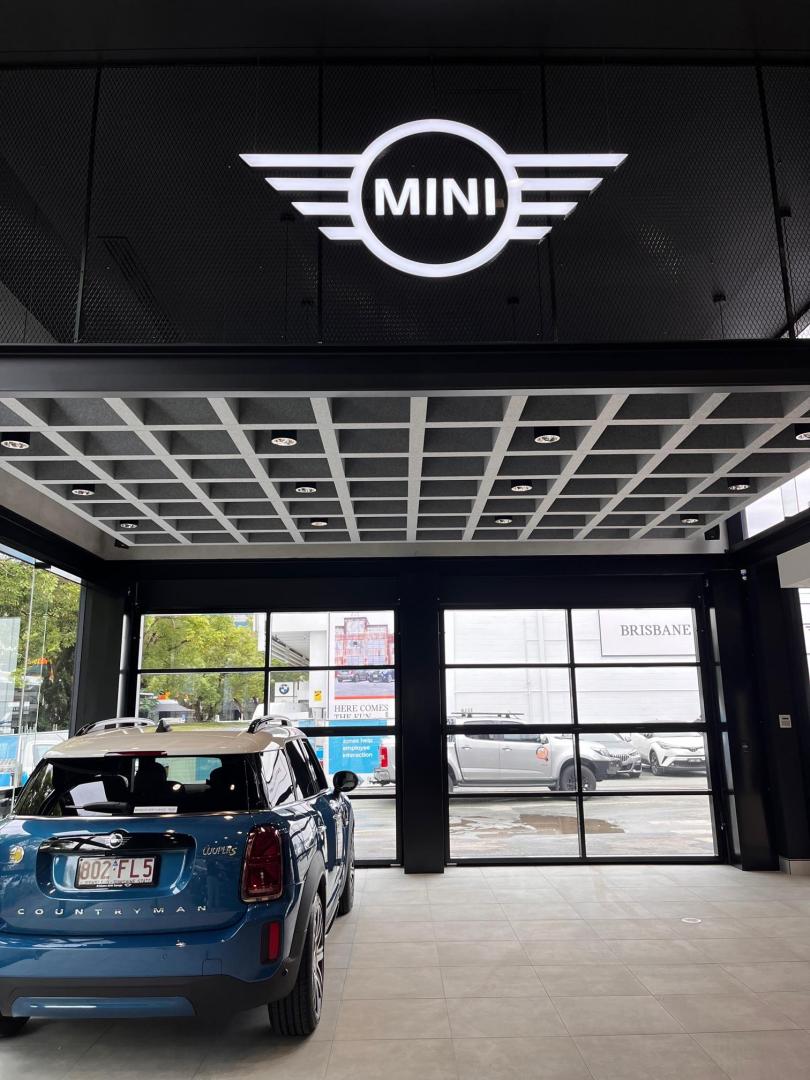
Mini Fortitude Valley Showroom Refurbishment
Delivery of a stunning and modern showroom for Mini Fortitude Valley with our partners Future Fitouts.
View project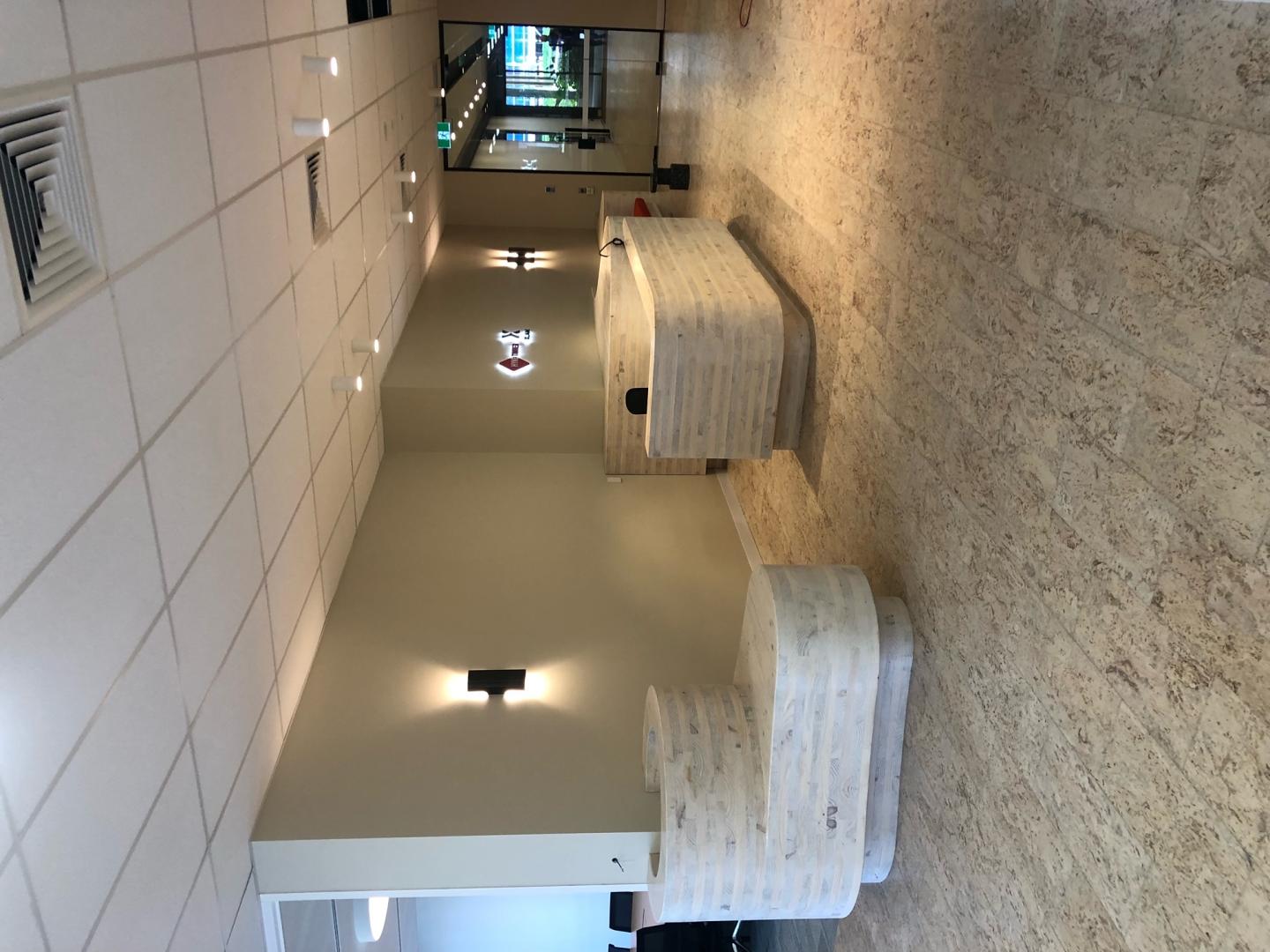
Hyne Group Office Fitout
A beautiful office fitout delivered with our partners Quadric.
View project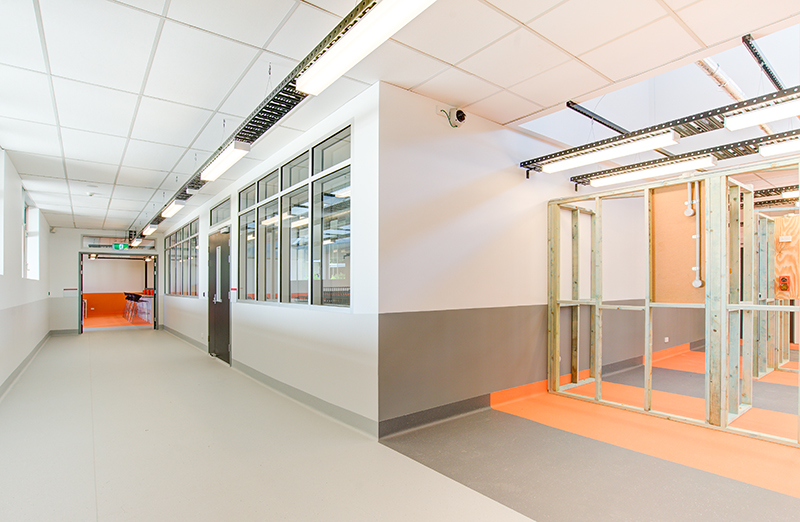
Alexandra Hills TAFE – Electrotechnology Upgrade
High-tech classrooms were developed from what was a hospitatlity and catering facility in parternshp with Formula Interiors.
View project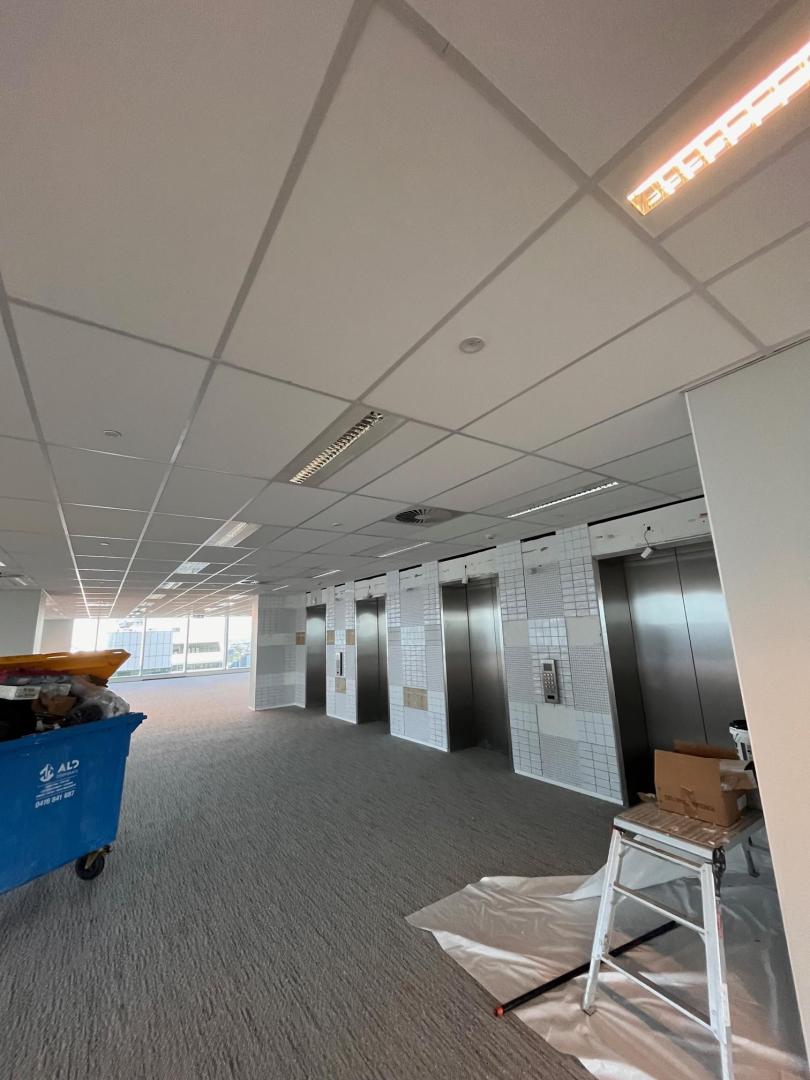
145 Ann St - Level 20
Make Safe works delivered with our partners Shape Australia
View project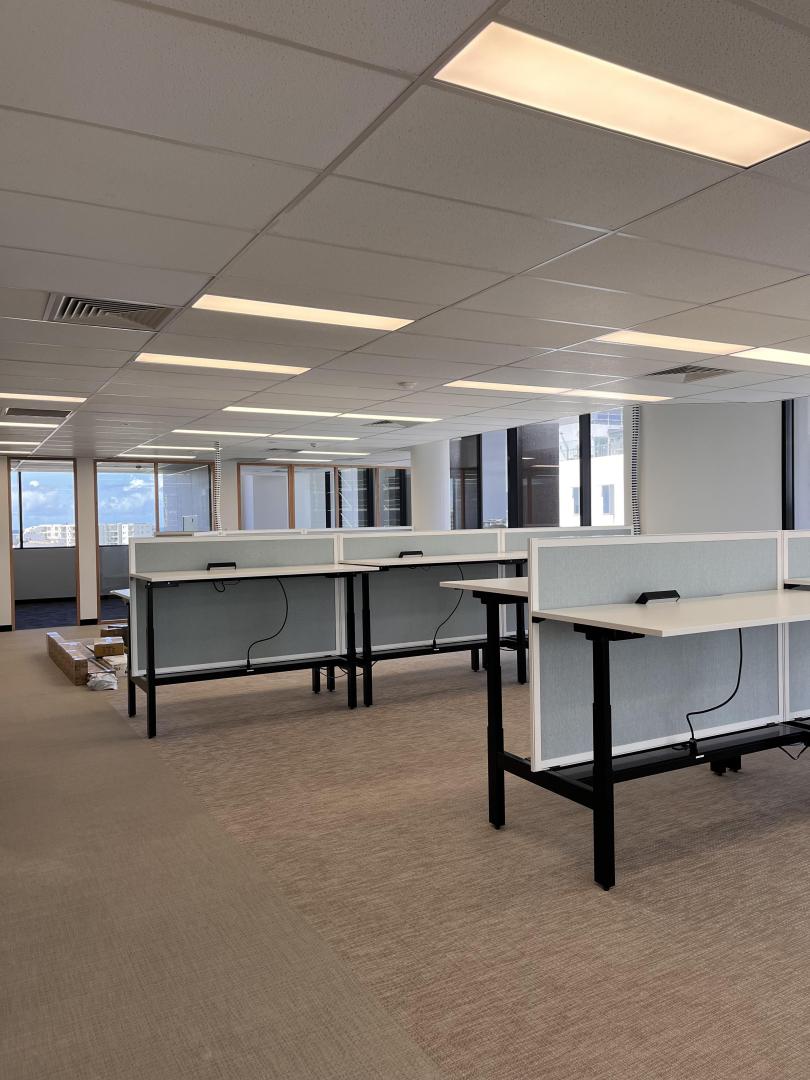
GHD Office Fitout
A beautiful office fitout delivered with our partners Rork Projects.
View project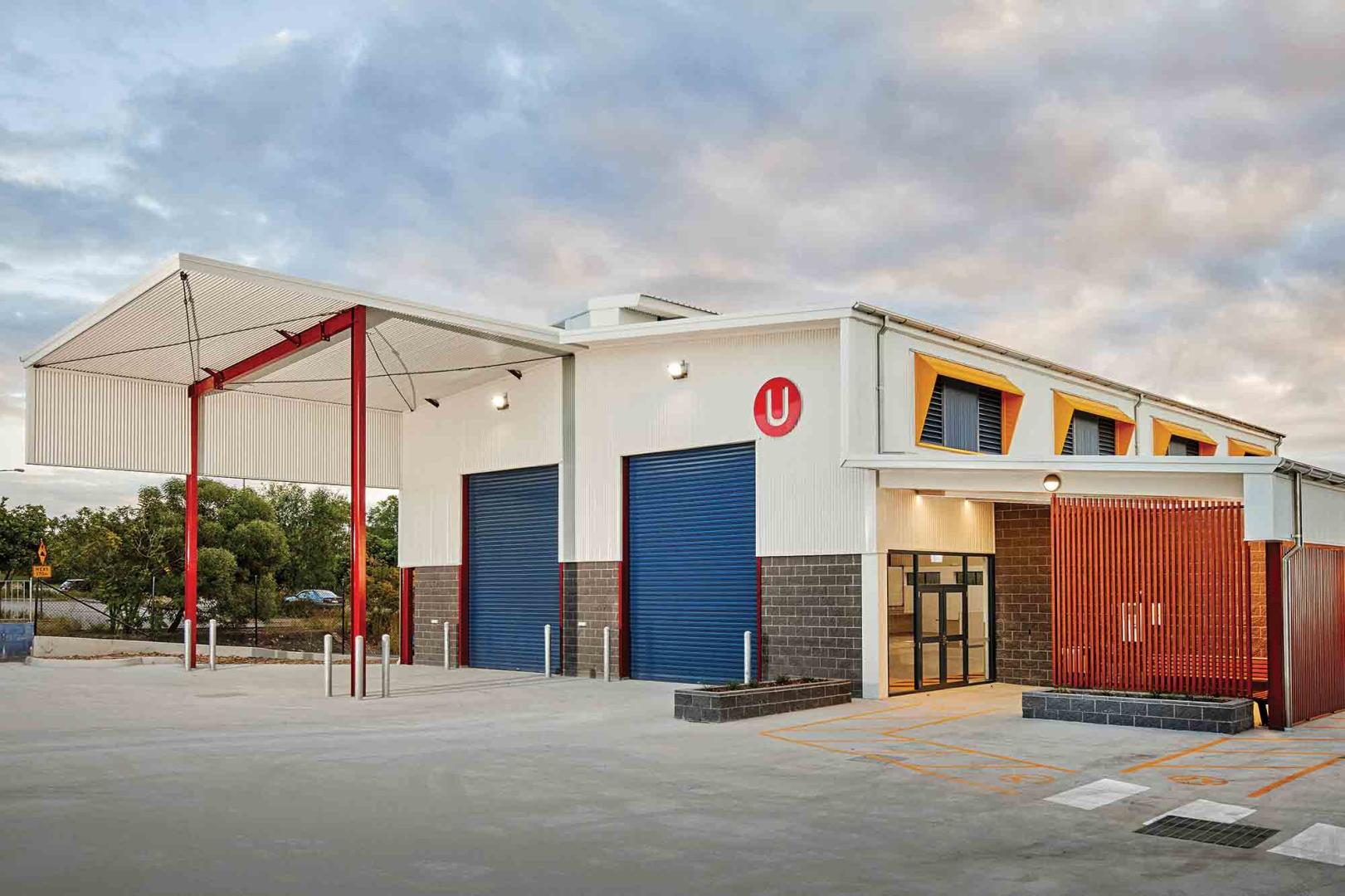
Acacia Ridge TAFE Roof Replacement
Replacement of roof lighting to be more energy efficient.
View project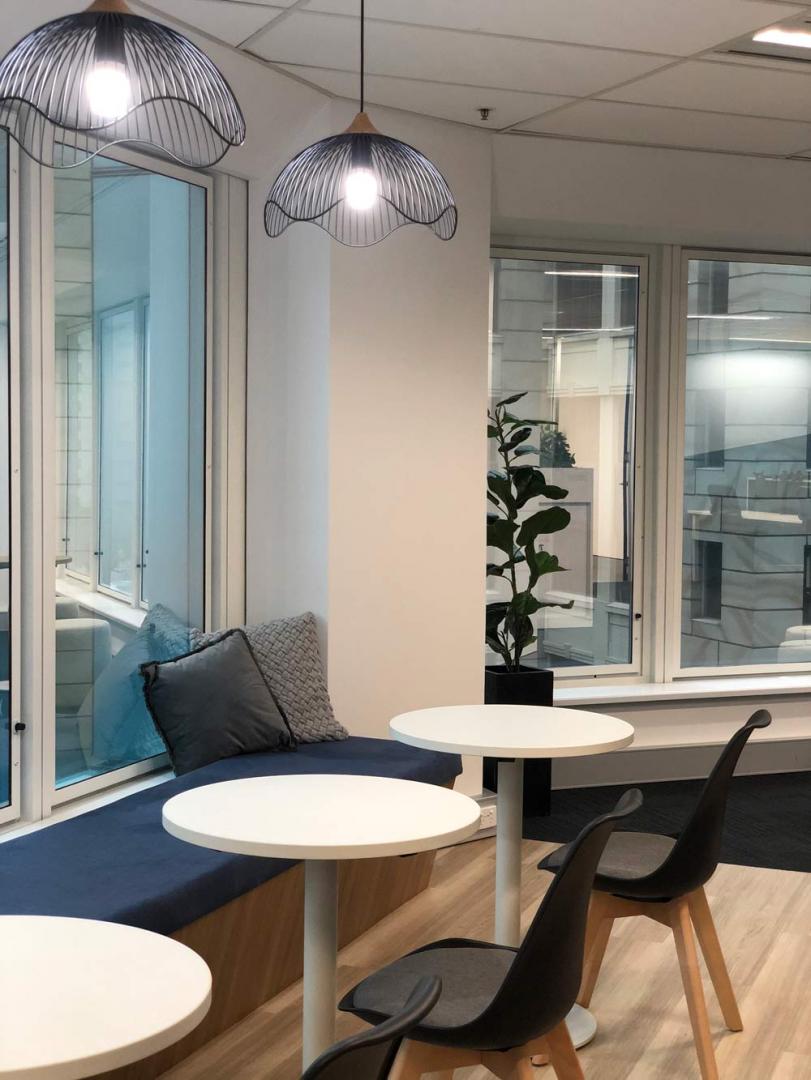
EdgePM Speculative Office Fitout
A beautful fitout in partnership with Future Fitouts designed to attract new tenants.
View project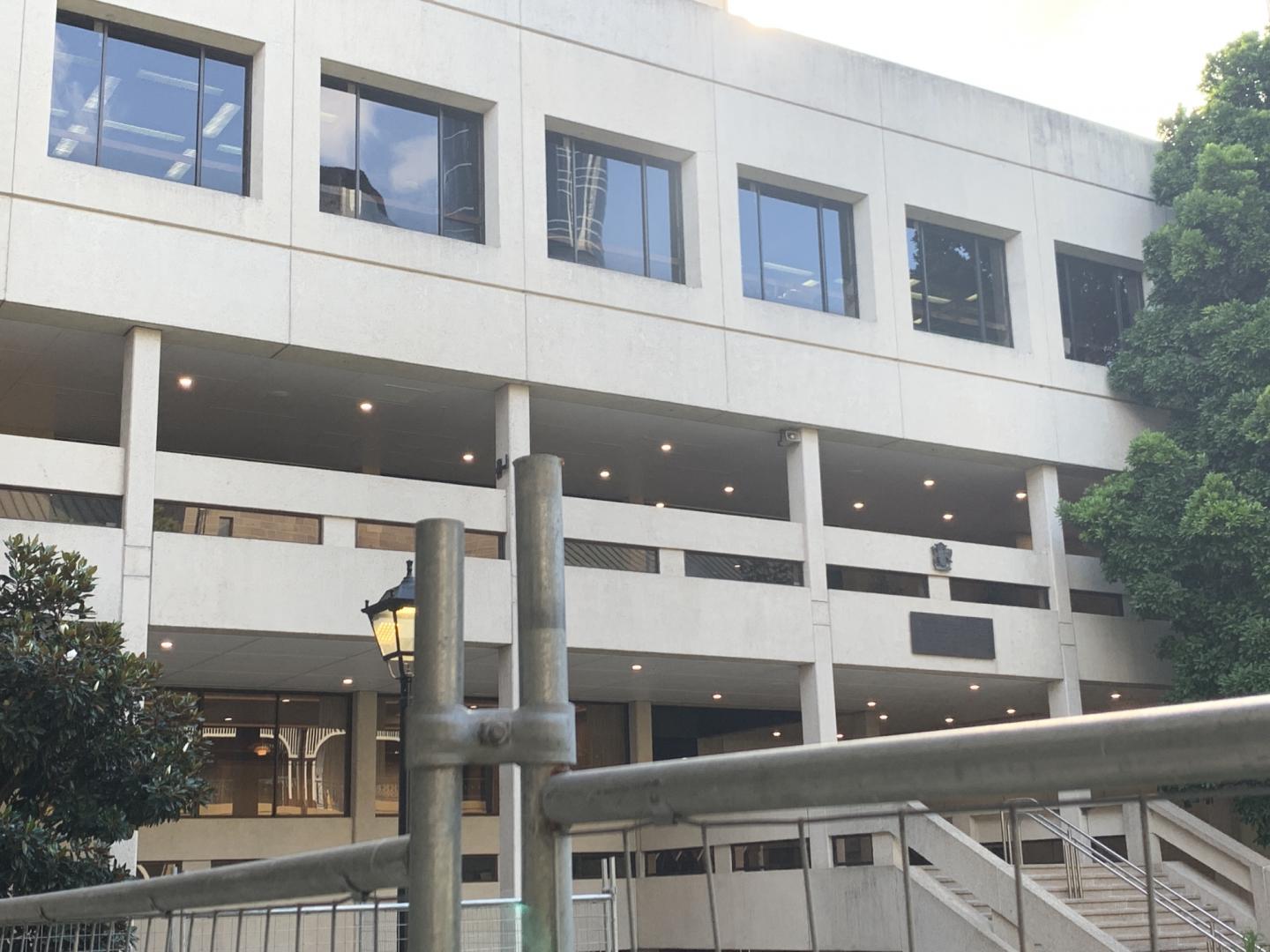
Parliament House
Wells Electrical Services were involved in giving this beautiful building an electrical face lift.
View project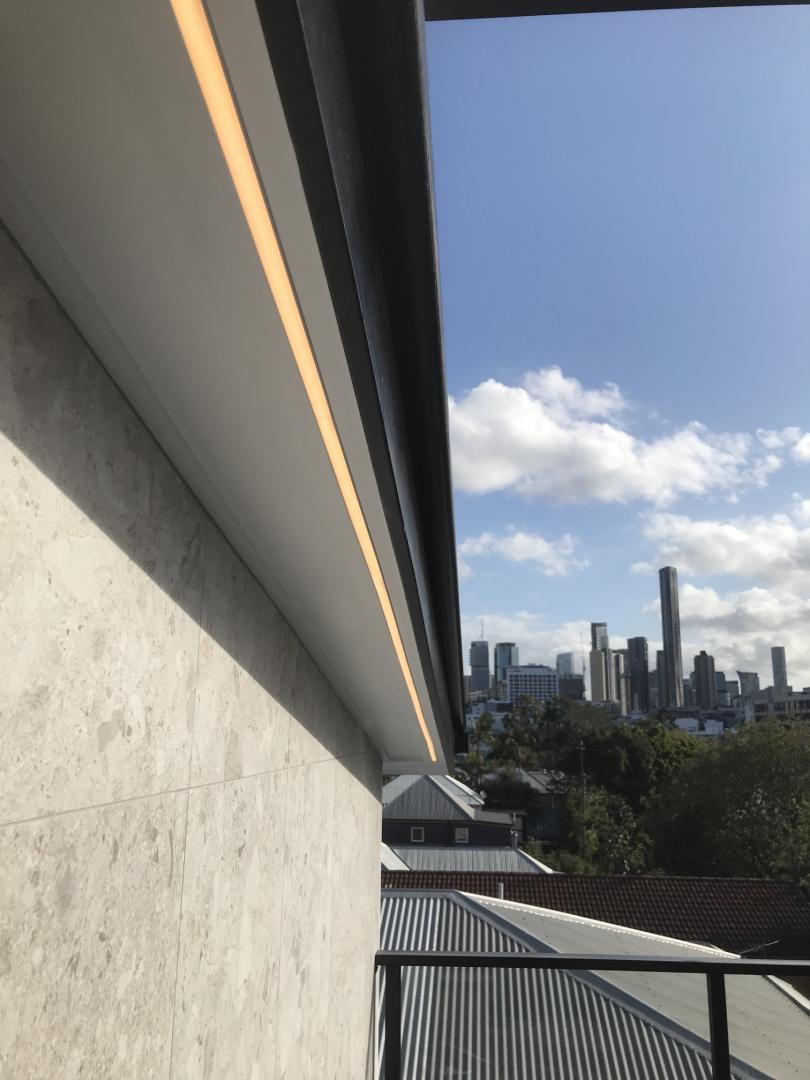
Teneriffe Home Renovation
A contemporary and luxurious twist on a heritage listed home in Teneriffe.
View project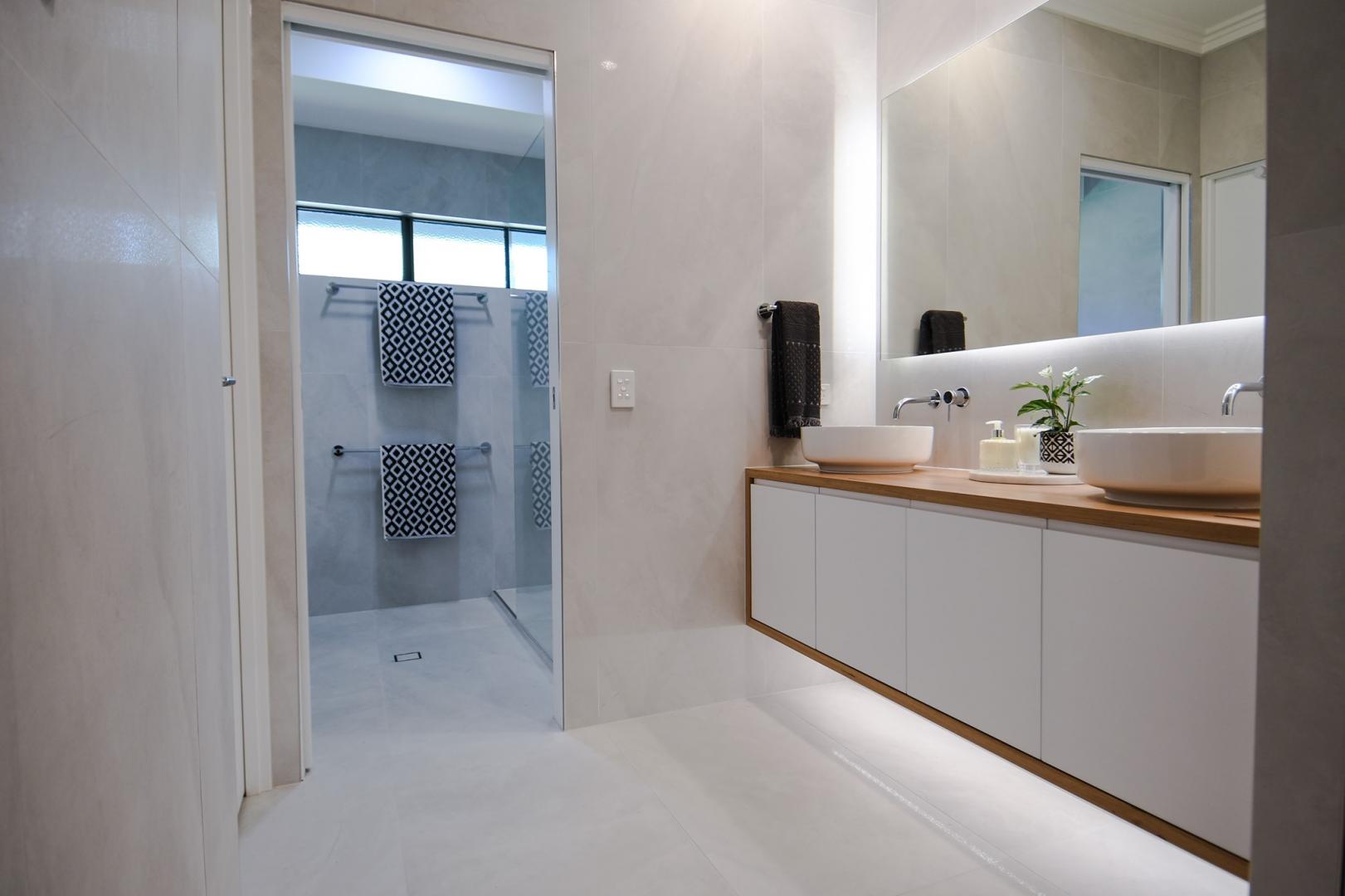
Full Bathroom Renovation
This beautiful bathroom was completed in partnership with Noremac Constructions.
View project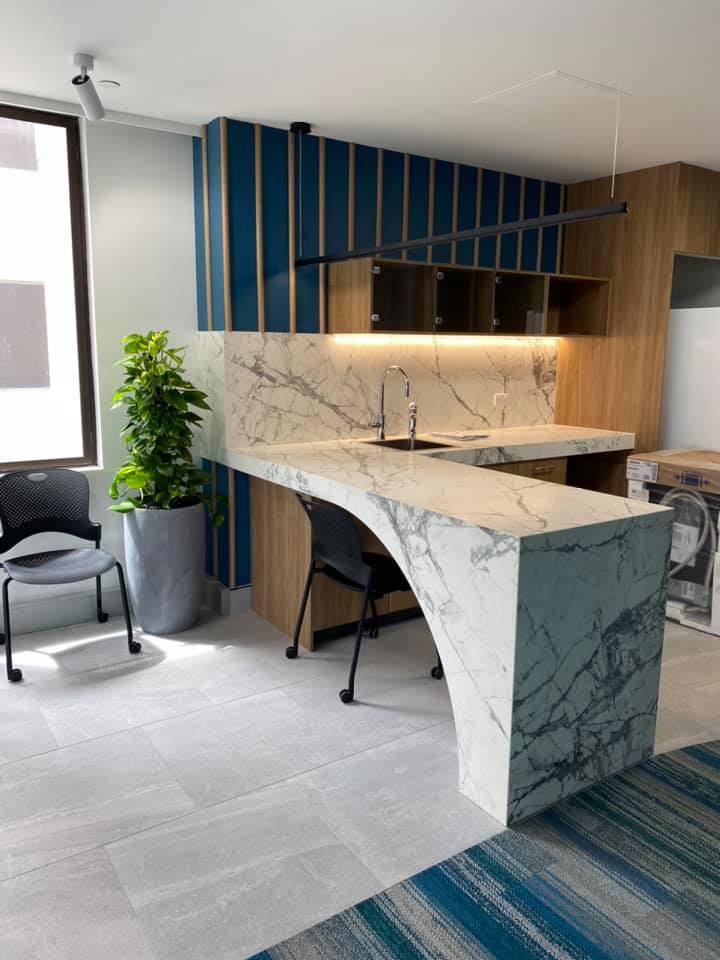
TECO Office
A two-level fit out in partnership with arete Australia.
View project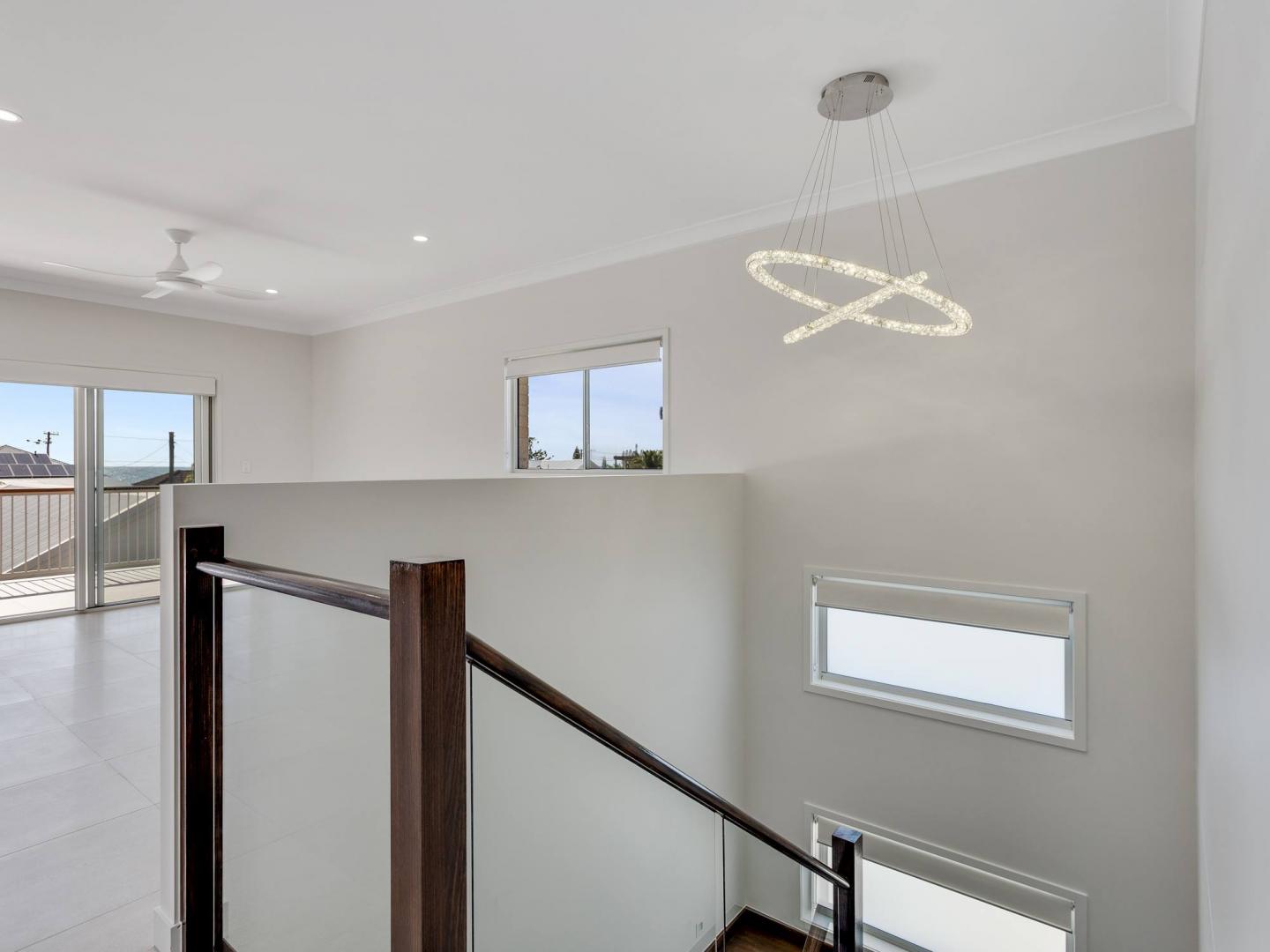
Prince Edward Parade, Scarborough
A stunning complete home electrical fitout, in partnership with builders Monster Homes.
View project
Sentinel Property Group Head Office Fitout
Sentinel Property Group Head Office recieved a full revamp in partnership with Future Fitouts.
View project